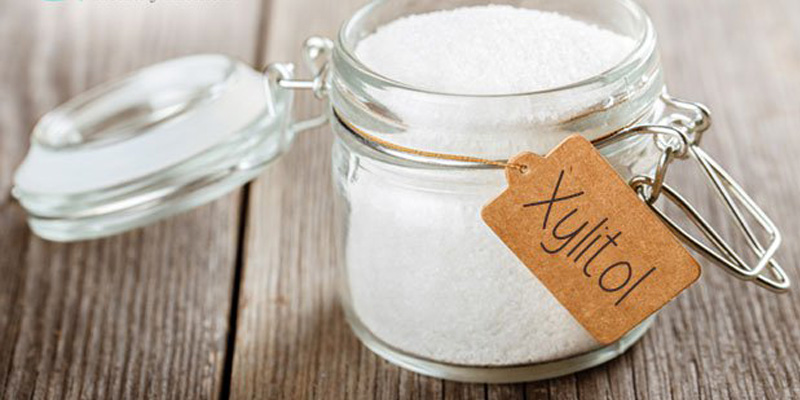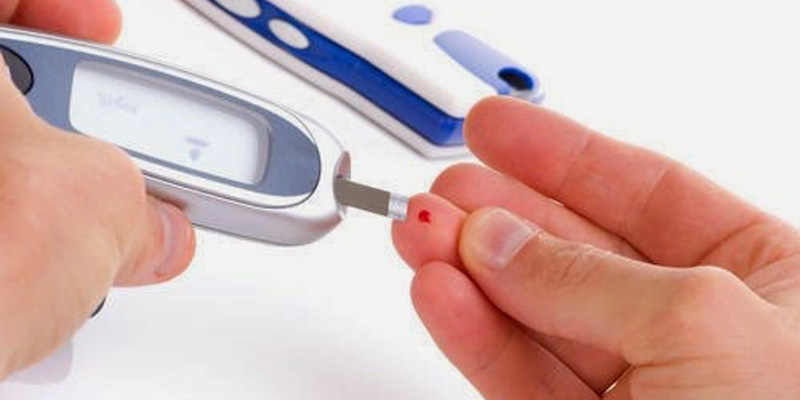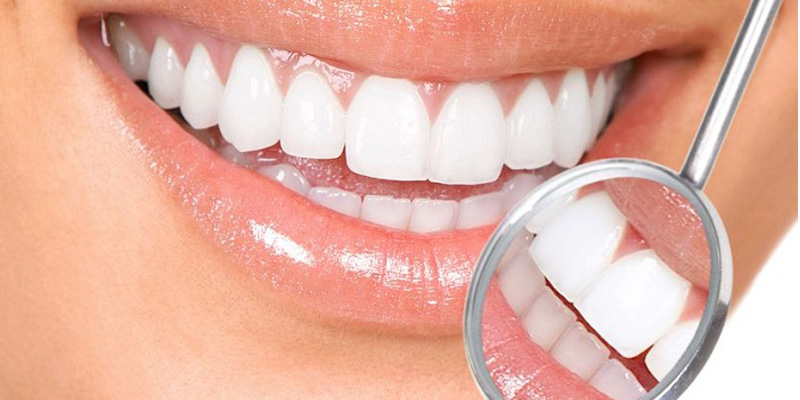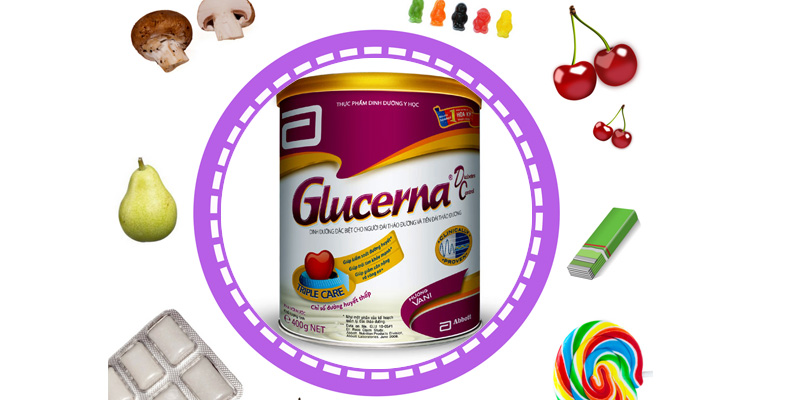You are viewing the article What are polyols and its role? at Lassho.edu.vn you can quickly access the necessary information in the table of contents of the article below.

Benefits of Polyols to the body
Polyols are carbohydrates but not sugars, used as sweeteners in many products such as toothpaste, mouthwash, cough syrup, chewing gum, etc. to give them a certain sweetness but not as many calories as sugar and no tooth decay…
Polyols Health Benefits:
According to Calorie Control Council, Polyols help create sweetness like sugar but provide fewer calories than sugar: Polyols are absorbed slowly and incompletely in the small intestine, so they provide fewer calories than other carbohydrates.
It is very helpful for dieters in keeping healthy and controlling weight.

– The GI (Glycemic Index – an index reflecting the rate at which blood sugar rises after eating foods) is low (GI ≤ 55), helping to lower blood sugar, reduce the risk of type 2 diabetes, obesity and disease heart.
Polyols with low GI are used to completely or partially replace sucrose, glucose, polysaccharides with high GI in products such as milk, confectionery, etc.

– Beneficial for saccharolytic anaerobes and aciduric microorganisms in the colon, colon cleansing of endotoxins, putrefying organisms and clinical colon pathology. It also contributes to the formation of short-chain organic acids for healthy intestinal epithelium.

– Limit the problem of tooth decay: Polyols do not promote tooth decay by inhibiting the growth, not being fermented by microorganisms in the oral cavity and reducing the formation of acids that damage tooth enamel leading to tooth decay. FDA approved such as chewing gum containing xylitol, toothpaste containing sorbitol …

Polyol application in food technology
Polyols are used as low-calorie sweeteners to replace carbohydrates in “sugar free” foods for dieters, obese people, or to help control blood sugar.

– Use in low-sweet, low-fat milk or diet milk, sugar free…
– Used in confectionery technology to create sweetness but not too rich in energy, limiting tooth decay …
– Used in oral hygiene products such as toothpaste…
Note when using foods containing Polyols
Although there are benefits, consuming too much Polyols is also not beneficial.
– For some people, consuming more than 50g of polyols/day at once can cause bloating or diarrhea (laxative). However, the body will get used to it after a few days, similar to digesting a lot of fiber-rich foods.
Foods containing polyols (confectionery, baked goods, etc.) tend to be low in important nutrients, so consuming too much is not entirely beneficial.
– Some foods are naturally rich in polyols such as beans, pears, watermelon, avocado, cauliflower, etc., if eaten in excess, can cause digestive problems.
A little basic knowledge, may not be completely complete, but helps readers to have a simple overview of the definition, role, and uses of Polyols in foods when seeing their names in the ingredients.
Source: Calorie Control Council
See also: What is lactose?
lassho.edu.vn
Thank you for reading this post What are polyols and its role? at Lassho.edu.vn You can comment, see more related articles below and hope to help you with interesting information.
Related Search:


